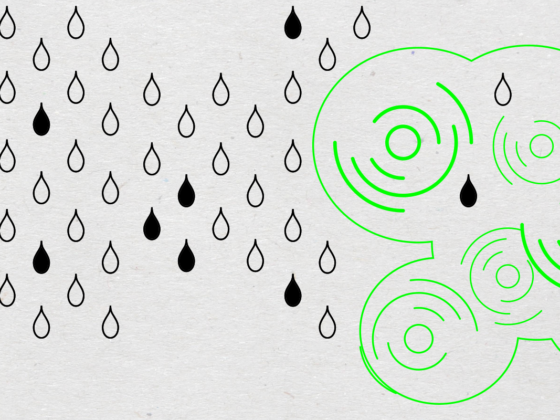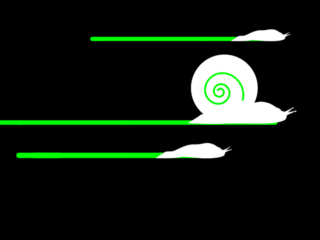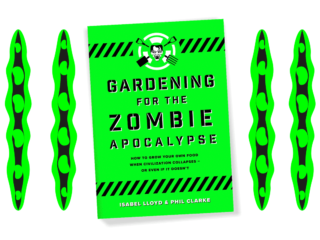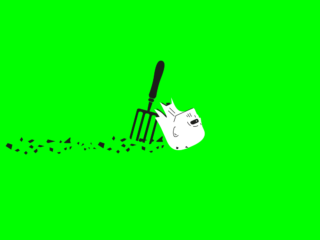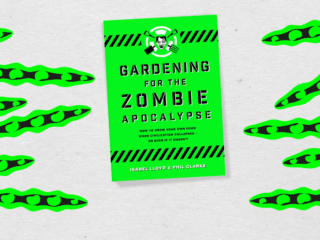GROWING FOOD IS NOT A SOLO PROJECT. EVEN WHEN YOU’RE DOING IT ON YOUR OWN
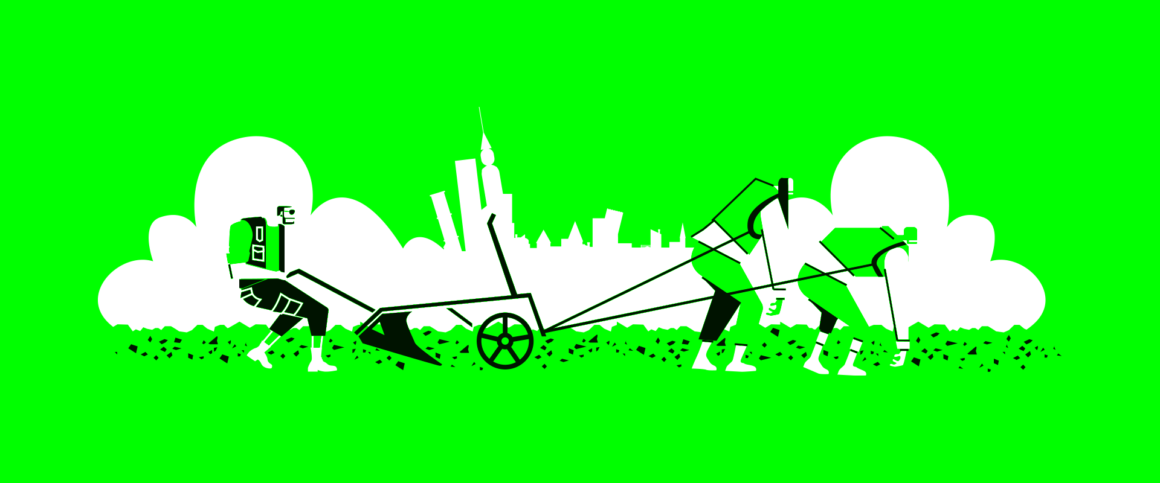
How often – if you’re lucky enough to have one – do you refer to ”my” garden? “My allotment”. “My plants”? Even if you share a growing space with family, friends or work colleagues, we bet you still call it “mine”. Perhaps that sense of ownership is inevitable, because gardening is often a solitary business. There’s no such thing as a tandem ride-on lawnmower; or a double-handled spade. Gardeners spend a lot of time on their own, dibbling about in the soil, hunched over seed trays, having a cup of tea while staring silently at a bed of non-sprouting sprouting broccoli. (We call this latter bit “thinking gardening”, btw, and it’s actually a very important part of being a productive fruit and veg grower. But that’s one for another day).
Yet the point of all that sowing, transplanting, feeding and nurturing is rarely about just one person. How many veg gardeners, if you asked them, would say they grow food just for themselves? And how many would say they grow food to help provide for their family, their friends, or even their whole community? It’s not hard to understand why: sharing food you’ve grown is a nurturing thing to do, and has much the same pleasurable emotional payback as cooking someone a good meal. But we think there’s a deeper reason why so many gardeners instinctively like to share the food they’ve grown.
The lovely people at The Eden Project – a huge and magical series of geodesic domes in southwest England that a) are full of plants and b) would make a great place to see out the apocalypse – are the ones who got us thinking about all this. Together with the Soil Association’s Food For Life project and The Big Lunch Northern Ireland, they’ve launched “Plant and Share Month”, starting with an online workshop on 19 April called “Share the Joy of Growing Your Own”. At which – full disclosure – the Isabel half of us will be talking to anyone who cares to listen about how to get started at zombie gardening. And, even more importantly, why you shouldn’t be doing it alone.
Because growing food is not a solo project. We mean this in a simple way, and also a more subtle one.
Obviously you get more done in a veg patch when you team up with someone else: gardening is often violently physical work, and we can say from hard-won experience that digging out a 40ft x 6ft strip of over-grown pasture, broadforking it, drag-raking it, and then sowing it with a wheelbarrow’s worth of seed potatoes is much less horrible an experience if there’s two of you doing it.
Setting aside muscle-power, sharing resources also reduces waste. Take seed packets. Some of these contain hundreds, occasionally thousands of seeds – we’re looking at you, carrots and onions. Even for someone genetically half-rabbit, that is far more than a home gardener can sow or eat in one season. You could chuck the leftovers from those (often foil-backed, unrecyclable) packets in the bin; or you could set up a seed-sharing group with friends or neighbours, swapping the seed you don’t need, and perhaps even growing and saving seed of OP varieties to build a local seed library. That also means buying less packeted seed next year.
At planting-out time, groups like these can help gardeners find a home for all the extra tomato/leek/pea seedlings you now realise you don’t have room for. Chucking healthy young plants onto the compost heap never feels good – and is a waste of the resources (heat, water, compost, time) that have already gone into those potential food sources.
Similarly with gluts – those moments in the gardening year when you suddenly have 400 courgettes and just can’t face another ratatouille. Preserving gluts by pickling, canning etc is great (and something we discuss at length in chapter 6 of our book), but also time and energy-consuming – so if you can give someone the excess food you’ve produced to eat while it’s still fresh, that’s a big plus.
More subtly, growing food has always been a community activity. Before the Age of Steam and engine-driven agriculture, it may not have taken a village to raise a child, but it would definitely take a hamlet to hand-reap, thresh and winnow the acres of wheat they’d need to keep them in bread for a year. And whatever age we’re living in, plants are fussy, weather is variable, and no single plot of land can ever hope to provide all the different kinds of food we want and need to eat.
A network of growers, each growing the food(s) that best suit their soil and climate, is a more shock-proof way of meeting a community’s nutritional needs than isolated individuals trying to grow just for themselves. The economics and physical demands of growing lead naturally to the development of farms, supplying the whole community via shops and markets. (And supermarkets. And an extended and vulnerable food supply-chain. But that’s also one for another day.)
There’s something else, too. By growing even just a tiny bit of your own food, you become part of a community. And it’s a global one, one that includes flatsharers growing herbs in a window-box in east London; the old boy tending his brassicas on an allotment in Leicester; a farmer working 50 acres of sugar beet in East Anglia, another farmer working five acres of tomatoes in Morocco; families harvesting walnuts in Turkey or grapefruit in South Africa; Canadians nurturing lettuce in greenhouses in the Arctic Circle, Australians cutting sugar cane in fields in the subtropics.
Every single person in that community will know what it costs to grow food, how hard it can be. They will also know that in the end, it isn’t them doing the growing: it’s the planet. Without living soil, without a workable climate and a functioning ecosystem, they couldn’t grow a thing. It’s nature we rely on to give us food; nature belongs to nobody, and to everybody. And so the food we grow belongs to nobody, and to everybody.
That’s why we’ve always said zombie gardening isn’t a prepper’s philosophy: it’s not about holing up behind barbed wire, living on looted baked beans and shooting random strangers. It’s about growing food as a way of appreciating what it takes to live well; of reconnecting with the basics of what sustains human life; and of understanding just how much we all rely on each other, as well as on this extraordinary planet.
Yes, gardening is often solitary, and most of us tend to think of our patch as just that: “ours”. But it’s also part of something much bigger. When you’re growing food, you’re sharing something. Even when you’re the only person in the garden.
The live workshop “Share the Joy of Growing Your Own”, hosted by Eden Projects Communities and The Big Lunch Northern Ireland, is on April 19th at 6pm BST. For more information and to register, click here.



